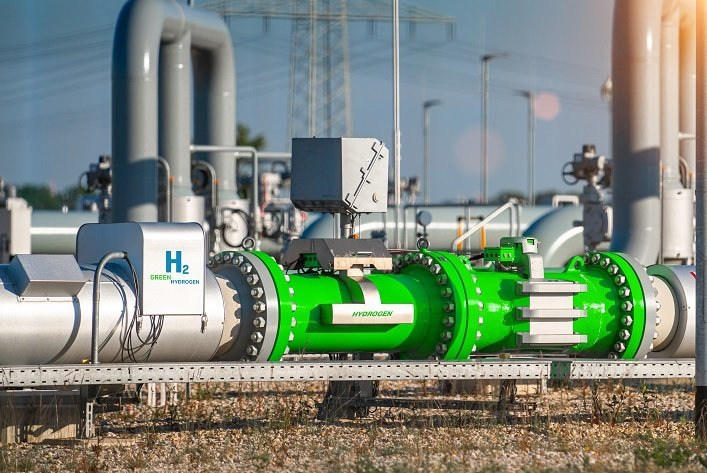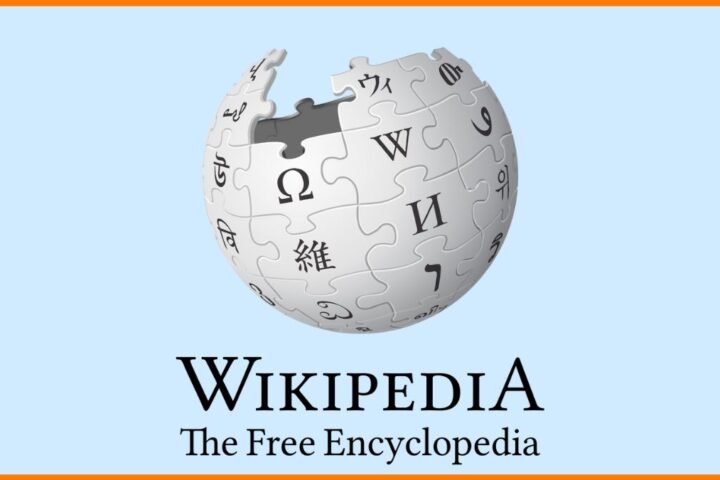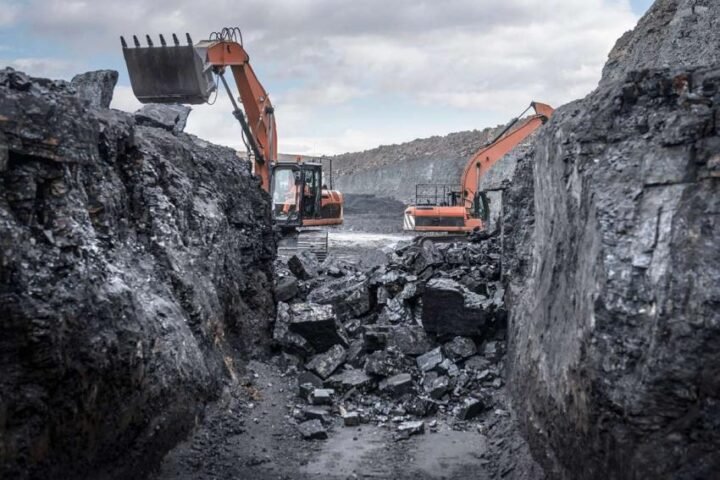On July 30, 2025, Moldova’s President Maia Sandu publicly accused Moscow of preparing to interfere in the country’s upcoming parliamentary elections scheduled for September. She warned that Russia aims to ensure a victory for pro-Russian political forces to regain control over Moldova’s geopolitical orientation. The Kremlin denied these allegations.
Kremlin’s alleged hybrid campaign targets Moldova’s sovereignty and European future
Speaking at a press conference in Chișinău, Sandu detailed what she described as a complex, coordinated operation of “unprecedented” scale involving misinformation campaigns, voter bribery, and cyberattacks. She claimed Russia plans to channel €100 million through cryptocurrency to illegally finance and manipulate the elections. Moldovan authorities have already imposed 25,000 fines related to such illegal activities. Sandu further noted the use of the Orthodox Church to incite fear and radicalize various social groups, emphasizing this interference as a direct threat to Moldova’s national security and European integration.
The president also criticized Telegram, the main platform used against her, for ignoring her complaints regarding disinformation and manipulation. According to the latest polling referenced by Agence France-Presse, Sandu’s party, Action and Solidarity, holds about 39% voter support, while roughly one-third of the electorate remains undecided.
Potential consequences of pro-Russian victory for Moldova and regional stability
Russian interference risks blocking Moldova’s pro-European reforms and halting EU accession talks. A pro-Russian government could implement anti-Western policies, expel Western institutions and media, and push for federalization or autonomy of regions like Transnistria, heightening internal instability. Such a shift would also jeopardize Moldova’s support for Ukraine, including border controls against Russian agents and logistical aid, weakening the regional anti-Putin coalition that includes Ukraine and the Balkans.
Moscow’s strategic goal appears to be creating another zone of tension to pressure Ukraine from the southwest. A pro-Russian parliament in Chișinău might legitimize Transnistria’s status as a Russian influence tool near Ukraine’s southwestern border, increasing risks of destabilization in the Odesa region.
Russian interference threatens European security and democratic norms
The president framed Moscow’s meddling in Moldova’s democratic processes as an assault on the entire European space of security, democracy, and stability. She warned that Kremlin efforts to undermine free elections pose a direct threat to fundamental EU principles. Successful Russian interference in Moldova could set a precedent for similar actions in neighboring Georgia, Armenia, and even some EU member states, with potentially severe consequences for regional security and environmental stability.
Sandu called on Western democracies and their allies to strengthen sanctions, ban shadow tankers from international ports and straits, impose stricter controls on offshore oil transshipment, and ensure transparency of ship ownership and insurance. She emphasized that the illegal activities of “shadow fleets” are not only energy transport issues but global concerns for security, environment, and justice, requiring a coordinated strategy from the G7 and EU.










